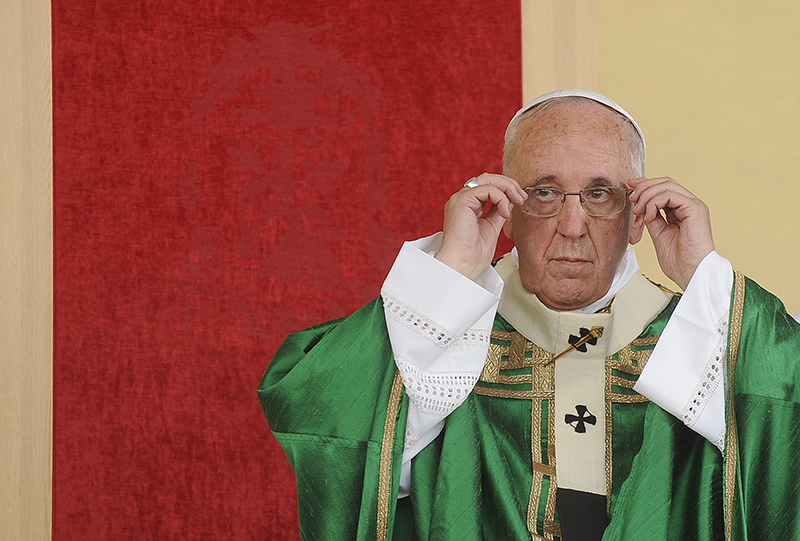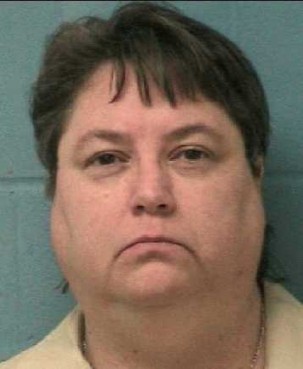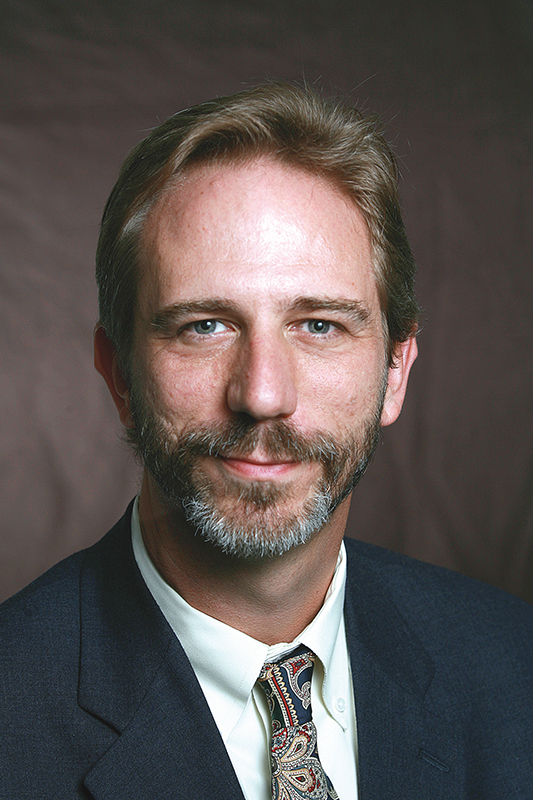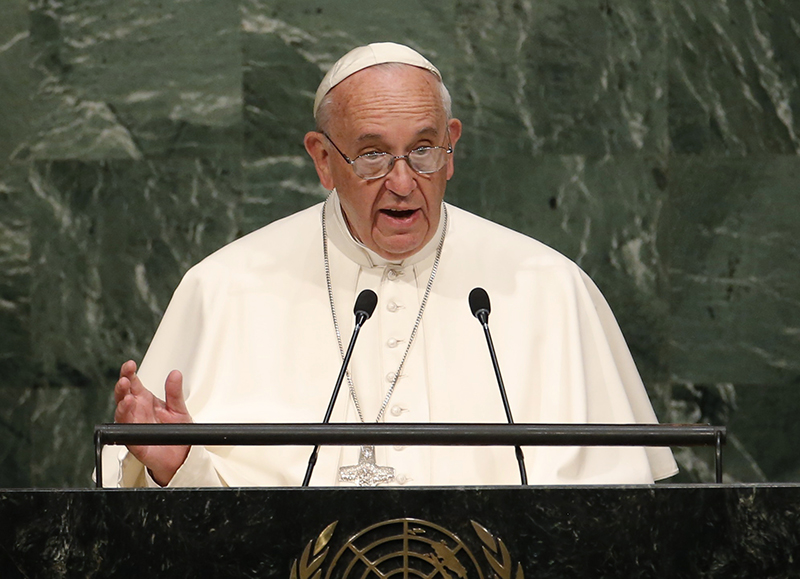
Pope Francis adjusts his glasses in front of his chair, which has an image of the Shroud of Turin woven into the red fabric, as he leads a Mass during a two-day pastoral visit in Turin, Italy, on June 21, 2015. Photo courtesy of REUTERS/Giorgio Perottino
ATLANTA (RNS) Pope Francis asked Georgia not to execute Kelly Gissendaner, a woman convicted of orchestrating the murder of her husband. In the wee hours of Wednesday morning (Sept. 30), our deeply pious state executed her anyway.

Kelly Renee Gissendaner is seen in an undated picture from the Georgia Department of Corrections. Gissendaner, sent to Georgia’s death row for the murder of her husband, was executed on Wednesday (Sept. 30, 2015) by lethal injection. Photo courtesy REUTERS/Georgia Department of Corrections/Handout via Reuters
In historical perspective, the shift of the Roman Catholic Church toward almost unequivocal opposition to the death penalty is a stunning change. For the better part of a millennium and a half, the Catholic Church was in favor of the death penalty, and not just for murder. The same was true for over 400 years for every branch of Protestantism other than the Radical Reformation. Christendom killed a whole lot of people.
For Catholicism, support for capital punishment weakened after the Second Vatican Council and more decisively during the reign of Pope John Paul II, where it got swept into his “seamless garment” consistent ethic of life. Now opposition to the death penalty is a consistent part of Catholic moral instruction and public engagement.
I saw a church sign in my travels across the Deep South recently that carried this message: “Unchanging Faith in a Changing World.” It is a comforting message, and for many a deeply appealing one. It says: In a world where values change, ours don’t. In a world where understanding of truth is in flux, ours never changes. Want stability? Want certainty? We got it, right here. Come on in.
READ: Kelly Gissendaner executed despite papal appeal, 11th-hour clemency bid
I am 99 percent certain that this particular church sign was responding to the Supreme Court decision legalizing gay marriage. That, at this moment, is the hottest of all hot issues, the flashiest of all flash points. That church sign was saying for all to see: Five jokers in black robes may change the definition of marriage, but that will never happen here. After all, we offer “unchanging faith in a changing world.”
But just a teensy bit of historical perspective refutes any such claim. The church sign was on a Baptist church. I would be very much surprised if the members of that church understand the moral obligations of Sabbath observance the same way that their forebears did 100 years ago. Or “God’s plan for race relations.” Or “God’s design” that all women must stay home and raise children rather than enter the workforce. Or the issue of whether Christians are allowed to take on consumer debt. Or whether the God of Jesus Christ still has a relationship with the Jewish people. Or God’s intention for how worship services should be conducted. Or whether divorce is morally permissible in cases of domestic abuse. Or whether a remarried person can serve as a deacon or pastor.
“Unchanging faith in a changing world.” Well, not really. Christians, just like everyone else, change their beliefs on some doctrines while holding fast to others.
It is not always easy to discern the reason some beliefs prove changeable and others immovable.
READ: No Francis effect on Georgia pardons board
But one doesn’t have to be a cynic to suggest that culture, politics and power factor deeply into this equation. Much of what might be described as a loosening trend on some matters clearly relates to the sheer number of congregants ending up out of compliance with traditional teaching, so the teaching becomes very hard to sustain. This is certainly what has happened on divorce and remarriage. When a third or more of your people are divorced and/or remarried, that changes the context for proclaiming “unchanging faith in a changing world.”
But it wasn’t just surrender. Listening to the misery of people in abusive marriages affected how church leaders thought about the grounds for divorce. They learned something, and the tradition evolved.
So Pope Francis tried to save Kelly Gissendaner’s life by presenting the Catholic Church’s relatively new understanding of the morality of capital punishment. The Catholic Church has learned some things and its tradition has evolved.
But the pontiff was rejected by the largely Baptist power structure of Georgia state government, which has not yet been persuaded that unchanging faith — that those who kill must die — might now need to be changed in a changing world.

The Rev. David Gushee is Distinguished University Professor of Christian Ethics and director of the Center for Theology and Public Life at Mercer University. Photo courtesy of Mercer University
There is another old saying that might be put on a church sign: “New occasions teach new duties.” That saying suggests that human beings can learn, grow and evolve. That our understanding of truth might not need to be fixed and immovable, at least not in every case. That even if we grant that God does not change, our understanding of God’s will might just change based on new learning.
So what is your taste in religion? “Unchanging faith in a changing world”? Or “New occasions teach new duties”? Or, inevitably, some of each?
(The Rev. David Gushee is Distinguished University Professor of Christian Ethics and director of the Center for Theology and Public Life at Mercer University. He is the author or editor of 20 books, including “Righteous Gentiles of the Holocaust,” “Kingdom Ethics,” “The Sacredness of Human Life” and “Changing Our Mind.”)
LM/MG END GUSHEE





